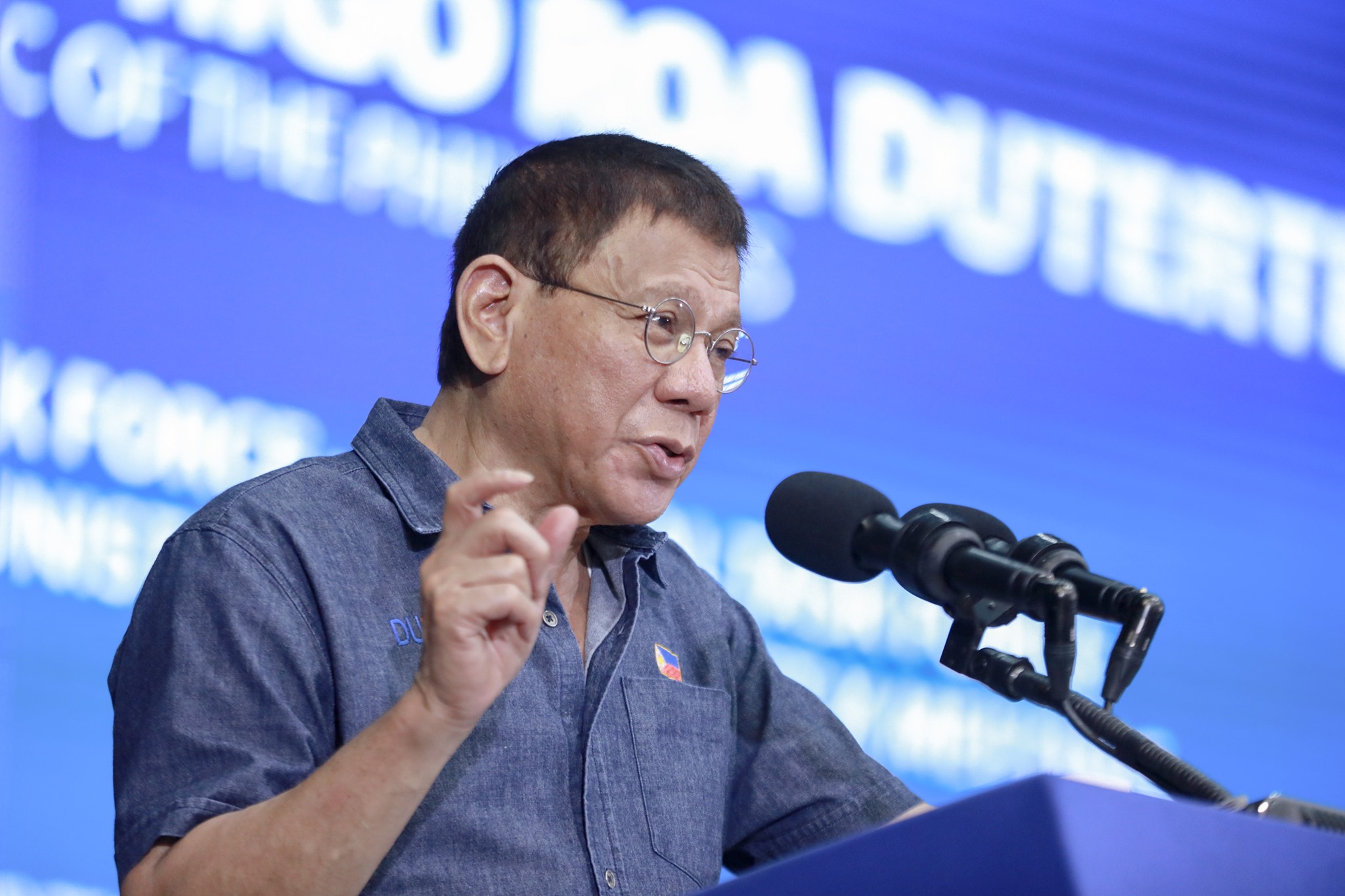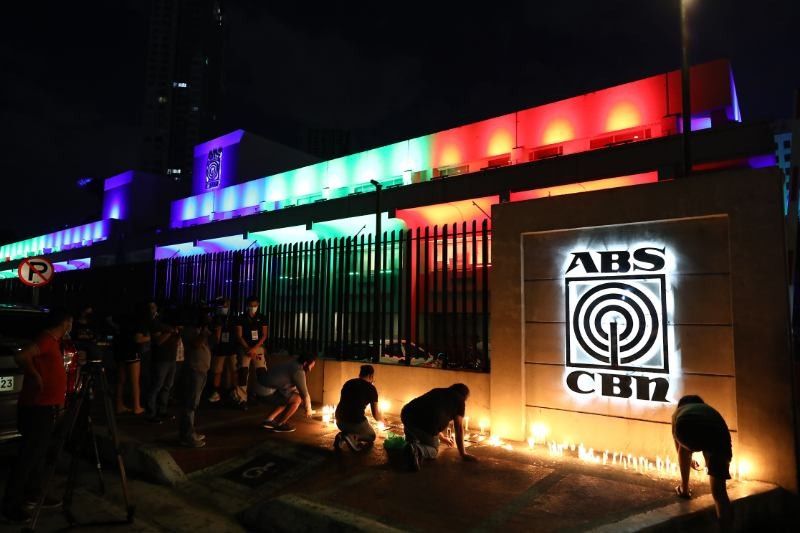#SONA2021
Press freedom under Duterte: 'Can it survive this fraught moment?'
Press freedom in the Philippines has been resilient and enduring. This resilience was forged over time, from the struggle against colonial rule, the tyranny of authoritarianism and the challenges of democracy. But can it survive this fraught moment?
The Philippines under President Rodrigo Duterte is one of many battlegrounds around the world where populist strongmen wrestle with the media. Since his election in 2016, Duterte has attacked where the press is weakest: its ownership, the corruption within its ranks, the sensationalism of its news coverage and the perceived elitism of some of its practitioners.
We’ve seen this before. When he declared martial law in 1972, Marcos sent the army to shut down newspapers and TV stations. He censored the news and allowed only friends and family to own media companies.
Duterte is the Gaslighter-in-Chief.
But Duterte is not Marcos. He is a strongman of the internet age. Media control today is not achieved by starving the public of news. Today’s strongmen control the message by flooding the public arena with threats and lies. Online, they create alternative information – or disinformation – spaces where fake news sites, social media trolls and state-sponsored bloggers reign. Offline, pro-Duterte newspaper columnists and radio commentators attack and drown out the work of critical journalists.
Whether the current toxic information landscape is the new normal remains to be seen. Dire predictions have been made before. But if the past is prologue, we know that repression also inspires resistance and renewal.

Duterte has been affirming during yearly commemorations of World Press Freedom Day held May 3 his commitment to protect press freedom. In the World Press Freedom Index released by Reporters Without Borders last April 21, the country’s ranking slipped to 138th out of 180 countries, down two notches from the previous year. It was also the fourth consecutive year that the country fell in the rankings. (Malacanang photo)
The Duterte presidency has been a test of the press’ resilience. Frontline journalists bear the brunt. They are moving targets for death threats, insults and unrelenting trolling. They are bearing witness amid online hate and the indifference of a public drowning in the flood of fake news.
Despite this, a new generation of digital native journalists has produced exemplary reporting. They are using new technologies to tell stories in novel ways and engage audiences on multiple platforms. By reporting on disinformation techniques and undertaking fact-checking and media literacy projects, they are warning citizens that fake news is like fake gold – alluring but worthless. Despite the increasing incivility in online spaces, the internet continues to be a home for robust discussion and for mobilizing citizens for collective action, including in support of the press.
His government shuts down the country’s biggest broadcast network and yet insists the press is free. He attacks journalists and says they deserve the punches. Wife batterers say the same thing: It’s your fault that I beat you up.
This, too, we’ve seen before. Daring and eye-opening reportage lifted the fog of lies about Marcos’s rule. Journalists survived by joining ranks and getting the people on their side. By speaking truth, they exposed the vulnerabilities of those in power.
Strongmen project invincibility to convince the people that resistance is futile. They want to crush any hope of change. A free press nurtures those hopes and fires up the democratic imagination. That’s why independent journalists are such a threat to strongman rule.
The Duterte era has seen more attacks on journalistic independence than at any time since Marcos’s fall. These attacks come at a moment when the press is weak. Like everywhere in the world, newspapers – the traditional home of accountability journalism – are shrinking in size and influence, their business models upended by the internet and mobile phones. Facebook and other social media platforms have eroded the power of journalism and fragmented the audience. The use of these platforms for propaganda and disinformation has left the press scrambling to assert control over the news agenda.

ABS-CBN employees and supporters mark the network’s shutdown last 2020 after Congress denied the company’s petition to renew their franchise. (The Philippine STAR/Miguel de Guzman)
It doesn’t help that the current media environment perpetuates the divide between English- and local-language audiences, between the cities and the rural areas, and between the privileged and educated and all the rest. Duterte has exploited those cleavages and encouraged a populist backlash against the press.
Duterte is the Gaslighter-in-Chief. His government shuts down the country’s biggest broadcast network and yet insists the press is free. He attacks journalists and says they deserve the punches. Wife batterers say the same thing: It’s your fault that I beat you up.
Filipino journalists are outnumbered and outgunned in the information war. Protests and petitions are defensive tactics necessary to protect existing freedoms, although they do not address the institutional weaknesses of the Philippine press. A fighting tradition helps, but it needs to be sustained by a new generation of digitally savvy journalists committed to fact-based journalism. We need new tools for navigating the treacherous waters of the information deluge.
The 2022 elections provide an opportunity for solidarity among citizens and journalists in defense of independent and evidence-based journalism. Some efforts are already underway, including a commitment signed by 40 news organizations and over 300 journalists to monitor the conduct of the election campaign, political parties and the institutions mandated to ensure the integrity of the vote.
The coming elections will be a battle between truth and lies. Press freedom in the Philippines will survive only if journalists expose lies and stand up for truth.


